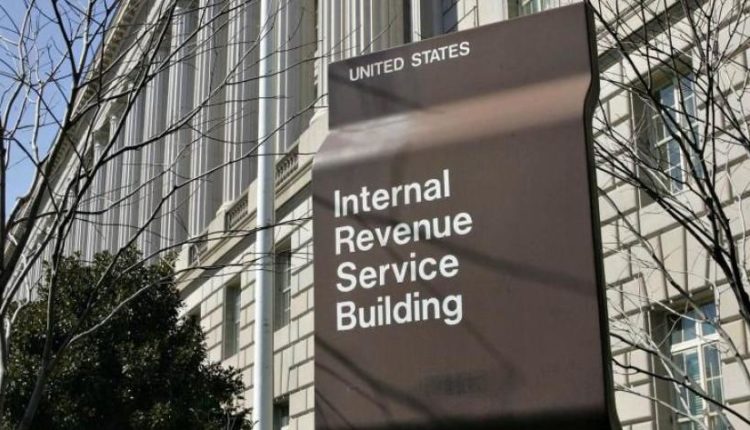As you’ve probably heard, the government has extended the federal income tax filing deadline for individual taxpayers from April 15 to May 17, due to the COVID-19 pandemic. But an extra month not only gives you extra time to prepare your taxes – it also gives you an extra chance to contribute some tax-friendly investments for the 2020 tax year.
First of all, you have more time to fully fund your IRA – in fact, if you don’t already have one, you have until the new tax deadline to open one for the 2020 tax year and then continue to fund it for 2021 and beyond. For 2020 and 2021, the IRA contribution limit is $ 6,000, and $ 7,000 if you are 50 or older.
If you have a traditional IRA, your investment dollars are usually tax deductible. So, for example, if you are in the 24% tax bracket and enter a full $ 6,000, your contribution for the 2020 tax year would cost you only $ 4,560, because you could deduct $ 1,440 in income from taxes. (Deductions are phased out at certain income levels.)
And your earnings grow with tax deferrals until you start withdrawing withdrawals, usually during retirement. With a Roth IRA, your contributions cannot be deducted, but earnings can go up tax-free if you have had your account for at least five years and do not take withdrawals until you turn 59½ or older. Eligibility for the Roth IRA is also being phased out at higher income levels.
What if you own a small business or, like many people last year, went on strike yourself and became self-employed? Business owners who apply as sole proprietors also have until May 17 to contribute or open a SEP IRA. (You can qualify for an extension until October 15.) The SEP IRA is similar to a traditional IRA because contributions are deducted and earnings grow by deferring taxes. For tax year 2020, you can contribute less than 25% of your fee or $ 57,000. However, special rules govern the maximum deductible contribution, so consult your tax advisor before finalizing the amount you entered. Also, keep in mind that your estimated taxes for the first quarter of 2021 will still fall due on the original date of April 15th.
There is another area where the new tax filing deadline offers you the opportunity: a “refund of contributions” for your retirement plans, such as your IRA and 401 (k). In 2020, the withdrawal rules for these accounts were withdrawn for individuals financially affected by the pandemic, and if you withdraw the money, you could spread the tax over three years. However, during this time you can pull all or part of the pull. And all the money you assign before the tax filing deadline of May 17 (or later, if you get an extension) can be exempted from filing a tax return for 2020, possibly reducing the tax. So, a refund can provide you with more money in your pension accounts and tax relief today.
Last thing: If you’ve already filed a tax, but still want to claim additional tax breaks provided by IRA contributions or a refund of contributions to a retirement plan, you may be able to file an amended return, so check with your tax advisor. In any case, look for ways to take advantage of the opportunities available to you with taxes.
Jennifer Barrett (AAMS) is a local financial advisor to Edward Jones.
225-612-0413 | jennifer.barrett@edwardjones.com
Edward Jones. Member of SIPC.
Edward Jones, his employees and financial advisors are not real estate planners and cannot provide tax or legal advice. You should contact your real estate planning attorney or a qualified tax advisor regarding your situation.

